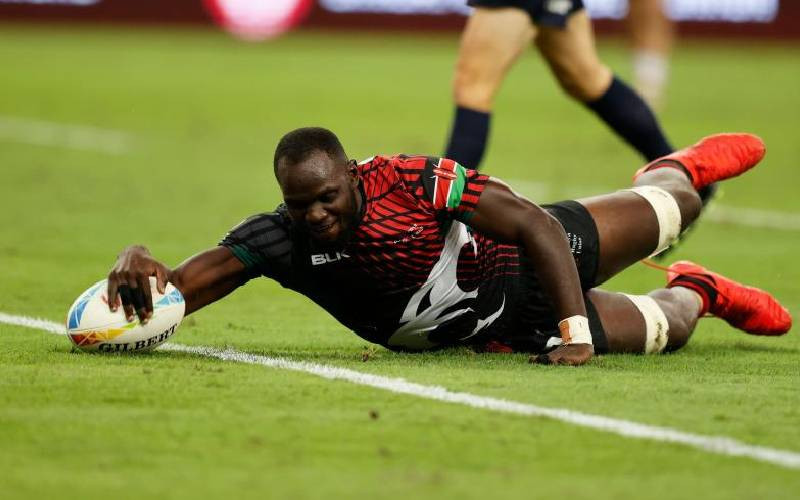×
The Standard e-Paper
Join Thousands Daily

For 23 years, Kenyans have enjoyed top world-class rugby and gone shoulder to shoulder with the game's creme de la creme.
Indeed, since Shujaa Sevens were invited to the World Rugby Sevens Challenger Series for the first time, they proved a force to reckon with.